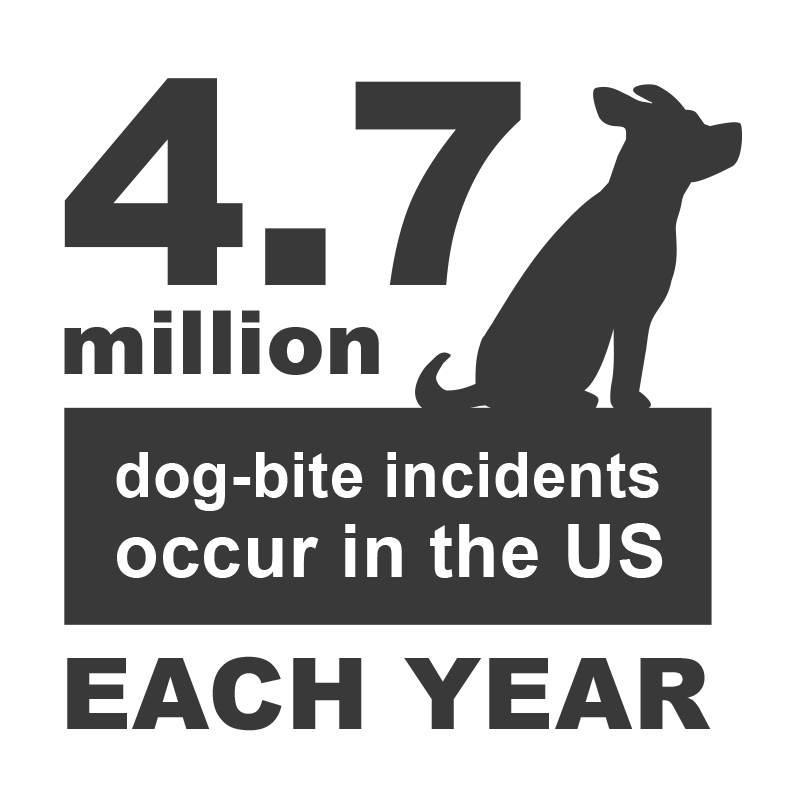Changes in Emotions
- Acting aggressively
- Becoming angry for no apparent reason
- Having low self-esteem
- Having trouble developing or maintaining relationships
- Crying for no obvious reason
Changes in Behavior
- Practicing self-harm
- Problems sleeping
- Changes in eating patterns
- Driving erratically
- Problems with alcohol or drugs
- Displaying problematic sexual behavior
- Getting gifts from an unknown source
Changes in Social Life
- Spending more time on their own
- Changes in friendship groups
- Doing less well at school
- Avoiding activities they used to enjoy
- Distancing themselves from certain people or places
Physical Signs
- Urinary tract infections
- Difficulty sitting or walking
- Symptoms of an STI
- Pain while going to the bathroom
Signs that an Adult May Be Hurting a Child
Aside from recognizing the warning signs in children and teens, you should also be aware of suspicious behavior that adults might exhibit. Be cautious of an adult who spends time with children and exhibits behaviors such as not respecting boundaries, becoming too friendly with them, expresses romantic interest, or gives them gifts without occasion or reason.
Taking Action
Taking action isn’t always easy, but it is incredibly important. It can be challenging to decide to step in if you suspect abuse, but here are some resources that can help:
- Public Health
- RAINN
- SAMHSA Mental Health Services Locator
- Stop It Now
- National Sexual Violence Resource Center
Flickinger • Boulton • Robson • Weeks Can Help
Now that you understand the signs of sexual abuse, Flickinger • Boulton • Robson • Weeks are here to help you on your path to healing. We know how difficult it is to come forward and pursue a case against another individual after sexual assault. Our professional sexual abuse attorneys can help hold those who hurt you accountable for their actions.
Sexual abuse is a public health problem, but understanding the signs of sexual abuse in children and adolescents is the first step to protecting them.
Continue reading to learn about the warning signs you should be aware of and how to help a child in need.
Signs in Children
Children might not tell you that they have been sexually abused, or even fully understand what has happened to them. Understanding some of the signs of sexual abuse is essential if you have children or regularly care for them.
Here are a few changes you might notice in a child who has been abused:
Changes in Emotions
- Quieter or more distant than usual
- Crying for no obvious reason
- Having nightmares regularly
- Acting more clingy than usual
- Showing more aggression or anger
- Exceedingly worrisome
Changes in Behavior
- Problems sleeping
- Not interested in playing
- Avoiding certain places or people
- Having a hard time at school
Physical Signs
- Wetting the bed
- Pain while going to the bathroom
- Difficulty sitting or walking
- Urinary tract infections
Signs in Adolescents
Like young children, adolescents might not be willing to talk about their abuse, but it is still a common problem that you should be aware of. 66 percent of minor victims are between the ages of 12 and 17.

